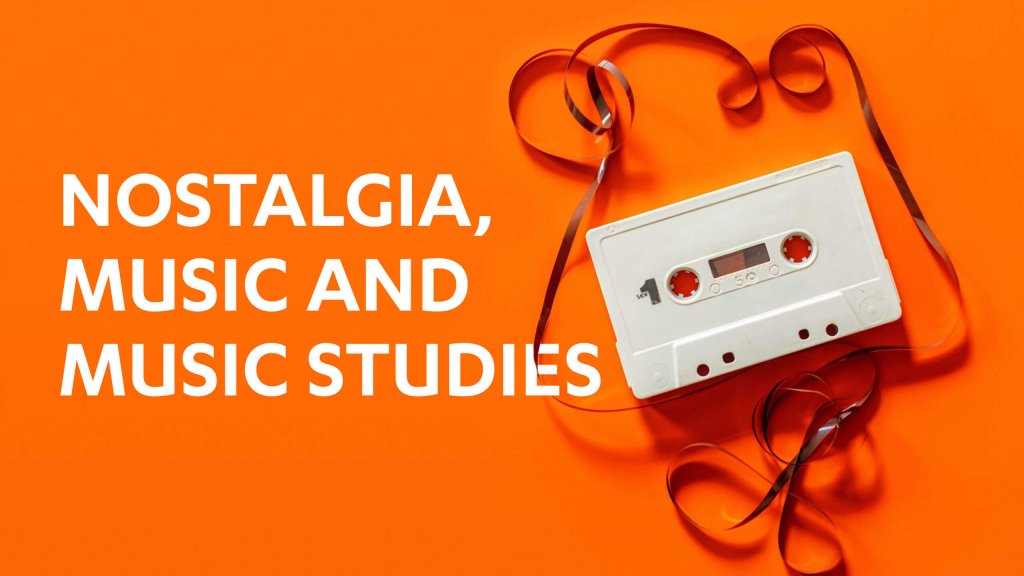Although forever inaccessible, the past tempts us precisely because it seems fixed and immovable. As David Lowenthal elucidates “…we feel quite sure that the past really happened, that its traces and memories reflect irrefutable scenes and acts. The flimsy future may never arrive; man or nature may destroy all; time may terminate. But the securely tangible past is seemingly fixed, indelible, unalterable.” One of the primary ways individuals and communities engage with the past is through nostalgia. As Svetlana Boym reminds us:
…nostalgia goes beyond individual psychology. At first glance, nostalgia is a longing for a place, but actually it is a yearning for a different time – the time of our childhood, the slower rhythms of our dreams. In a broader sense, nostalgia is a rebellion against the modern idea of time, the time of history and progress. The nostalgic desires to obliterate history and turn it into a private or collective mythology, to revisit time like space, refusing to surrender to the irreversibility of time that plagues the human condition.
Boym’s work has proven to be foundational for nostalgia studies, creating a theoretical framework that moves across several disciplines.
This conference aims to bring Boym’s work and nostalgia studies more broadly into conversation with music and music studies. As a theoretical framework, nostalgia studies allows us to explore attitudes towards the past underlying both musicology and music composition/performance. It illuminates the ways nostalgia is used by creators and audiences, as well as the ways it affects and influences our perceptions of history, heritage, self and other. Guided by the work of Boym and others on nostalgia types (restorative vs reflective, individual vs. collective memory), this conference aims to bring scholars and artists together to deepen our understanding of nostalgia’s powerful presence in music and music making.
Presented by the UCLA Center for Musical Humanities, in collaboration with co-organizers Elizabeth Randell Upton (UCLA) and Caitlin Vaughn Carlos (University of Redlands).

